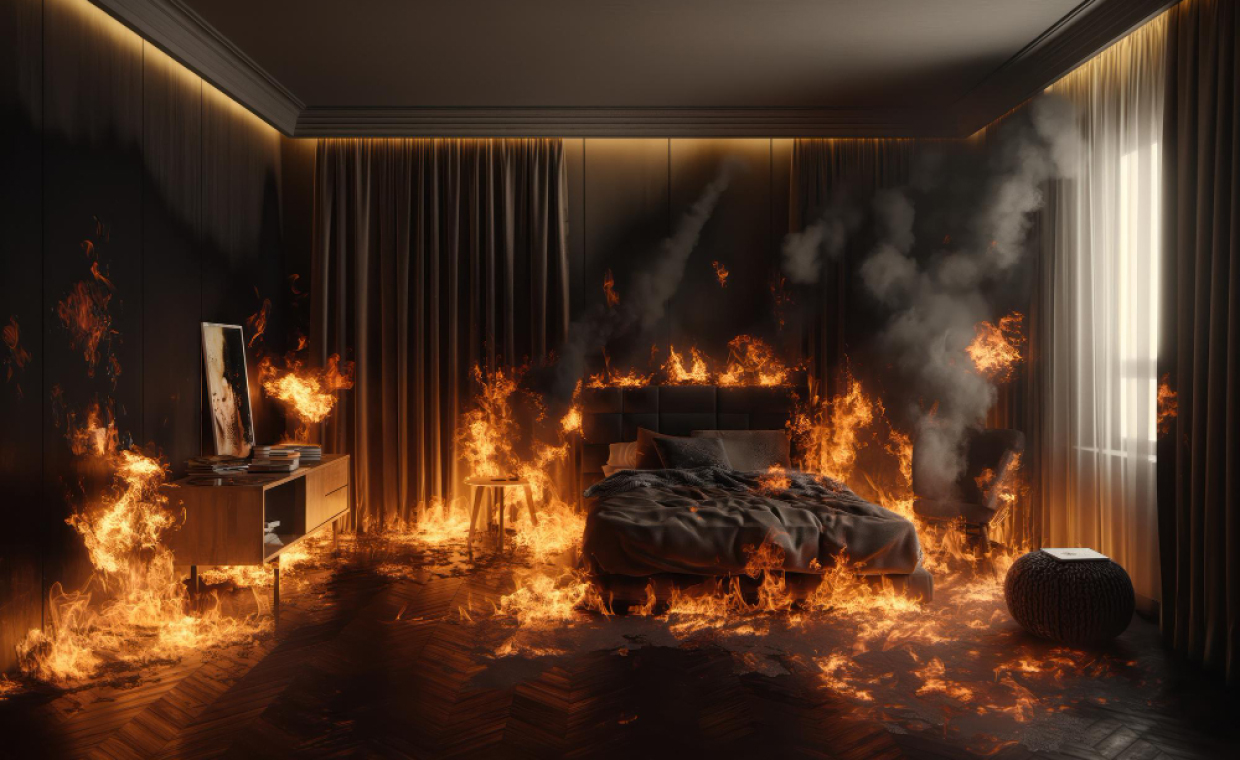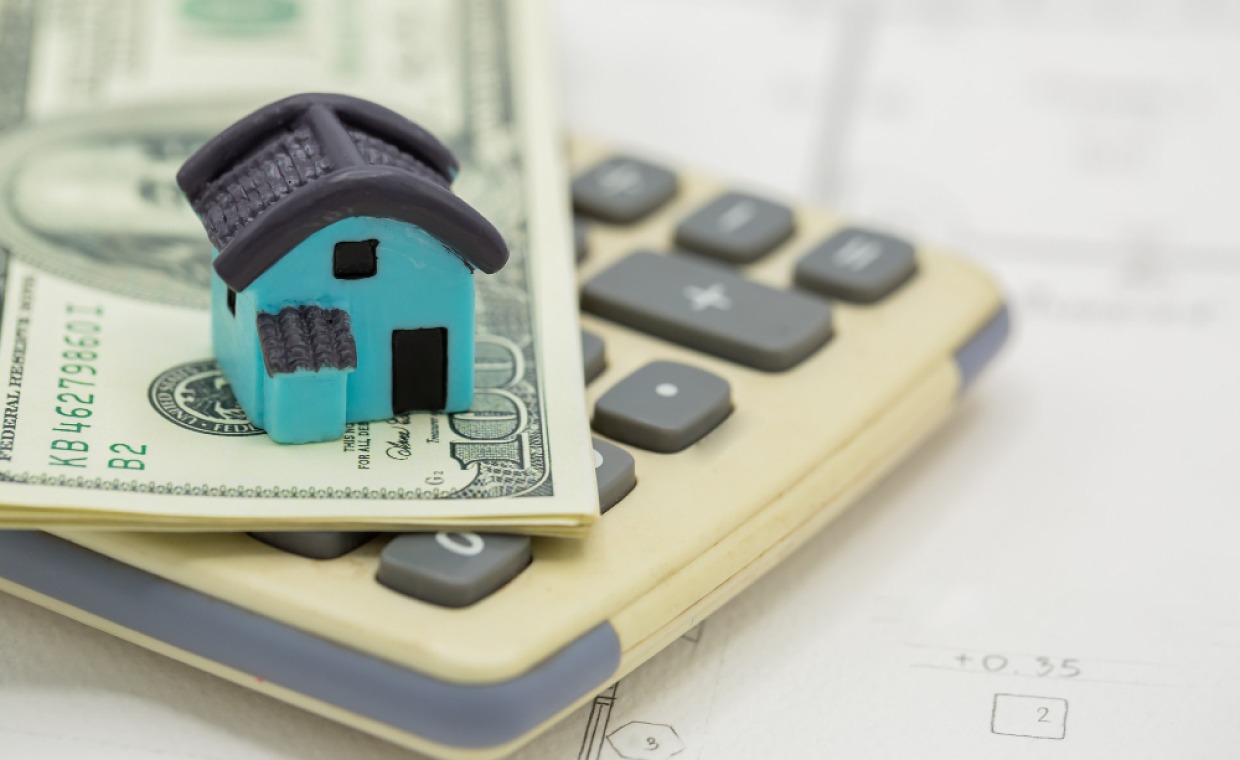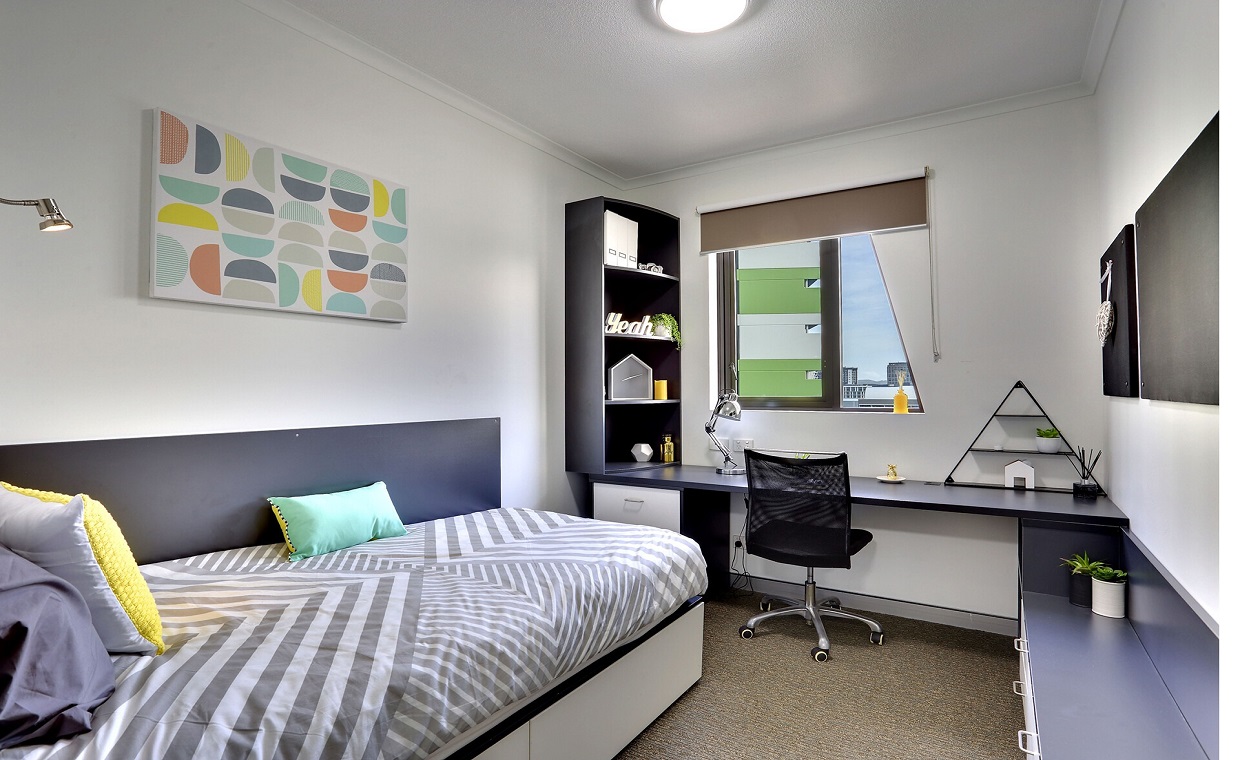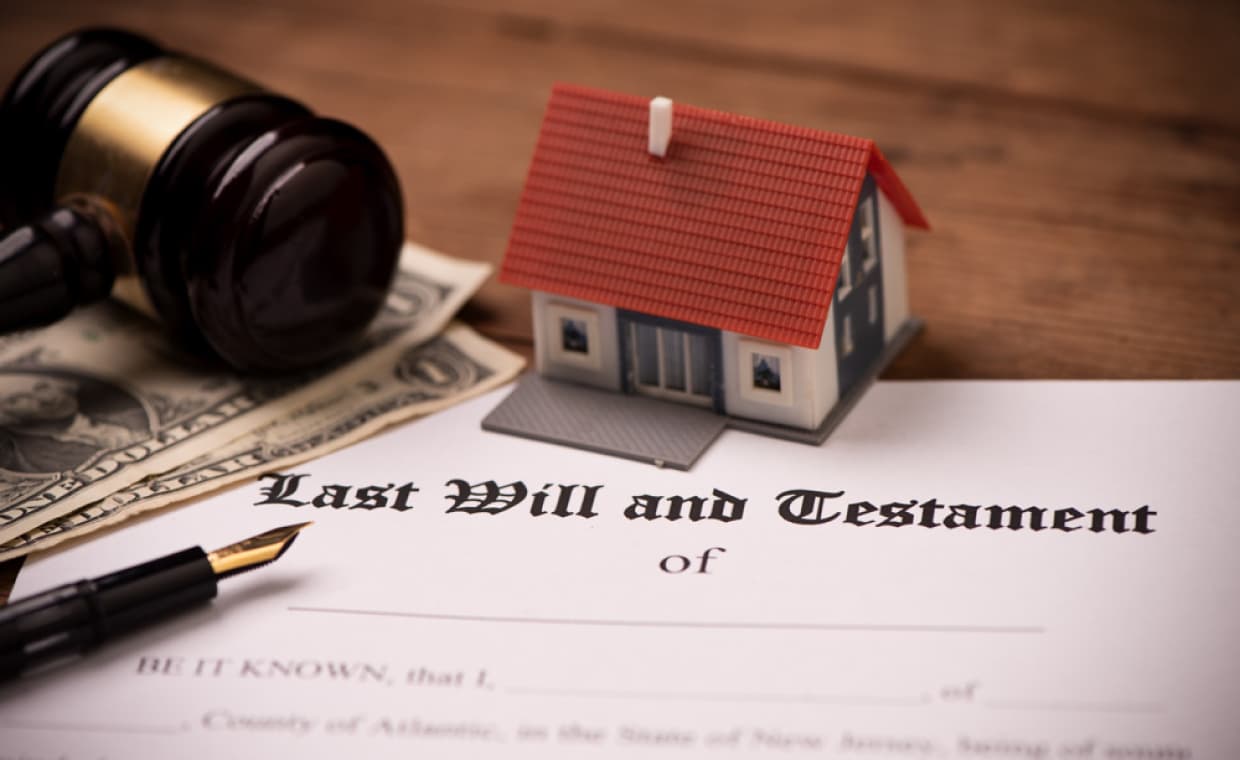
Table of Contents
Key Takeaways
- Inheriting a house during probate involves lots of paperwork, repair and maintenance costs, sibling disagreements, and a long waiting period that can extend form months to years.
- The probate process can take 6-12 months or more. During this one has to bear expenses of house maintenance, bills, utilities, insurance, etc.
- What to do with the home? sell? or renovate? puts you in a tough spot.
- The probate process becomes even longer and more stressful when siblings are not on the same page.
- There is also an emotional component which makes this procedure longer.
- Maintenance of an inherited house is challenging and expensive.
- All in all, it is important to assess all financial implications, emotional factors, and family dynamics before taking the final call.
You would think an inherited home is a great idea. But in reality, inherited homes come with paperwork, probate intervention, and more often than not, a dilapidated home with no one taking care of it in the interim waiting for everything else to catch up. But when a family is already busy from day to day with one household, this is a nuisance and no longer an asset. What few people fail to consider is for how long probate is going to take – months to years.
Furthermore, even if it was on a timer, there is no additional grace period for a house. Time does not stop for people while they send documents to court. Bills are due. Maintenance occurs. The same utilities and HVAC that were running full tilt now sit empty poised for vandalization or blowing pipes/dead ac. It’s not a cash cow anymore – in reality, it’s a ball and chain – all the more so complicated if it’s not the only home they have to manage.
Probate Is A Process
Probate is time consuming. For even simple estates, 6-12 months is typical – and longer for more complicated estates. It’s not something most people can plan for – especially when estate heirs are inundated with bills for just about anything home related.
In addition, since technically, the estate owns the home until settled, someone (likely the executor) has to keep the lawn cut, utilities on and small repairs up to date. A home standing empty needs special insurance (i.e. a home for sale needs vacant home coverage which is much more severe than standard homeowner’s insurance).
Winter means pipes freeze; spring means grass gets too high; summer is “for crying out loud! That grass is too long!” or “that front porch has too much junk on it”. Such stories are not anecdotes but are realities for many stuck in probate.
And then there are bills. Taxes do not end when someone has died. Insurance does not stop. Utilities do not stop. If you are in an HOA community, the fees do not stop either. Bills rendered from every possible facet of ongoing asset management gets expensive – and this all comes from estate accounts before heirs see anything.
The Numbers Add Up

Let’s do the math. If taxes are $3k/year; insurance $1500; utilities (even with diminished use) at $200/month ($2400 per year) – that’s $7900 annual without factoring maintenance costs. If probate takes 18 months, that’s about $12k before heirs get anything in their favor.
Most heirs don’t realize that an inherited home actively costs them money and reduces their share’s value with each month it sits in probate. They see it as a pure asset – an influx of cash waiting to happen – without factoring in these ongoing expenses and depreciation. This becomes especially problematic when heirs initially discussed repurposing the property before understanding the legal realities and limitations that probate would impose.
What To Do With The Home
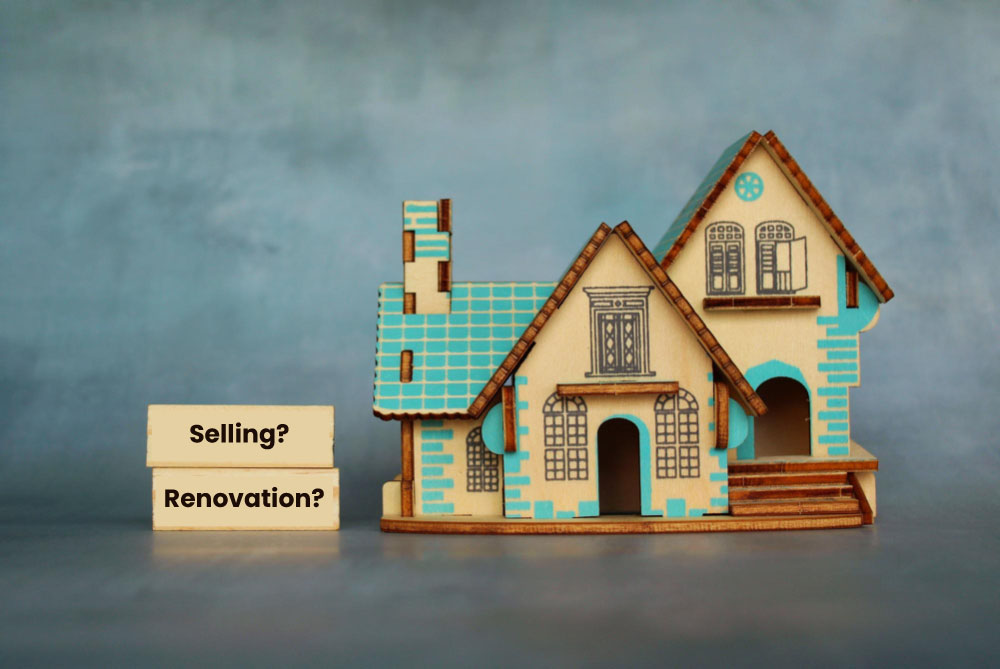
And what do you do with the home? The executor finds themself in a precarious position where values come into question about keeping inherited homes. On one hand, letting it fall into disrepair (i.e., not enough value to keep creditors at bay/turn negative) means funds expended from estate accounts; on the other hand, putting in money in renovation and maintenance efforts seems like a gamble since no one knows what anyone else will want in settlement.
Some sell a house during probate. Some feel this is legitimate – as long as its court approved – to alleviate many holding costs and daily maintenance responsibilities which get overwhelming quickly.
Maintenance concerns often influence whether heirs decide to sell. If the previous owner was elderly or ill – even with strong finances – the house may have significant deferred maintenance: major repairs like roof or floor replacements, water damage, dry rot, or other structural issues that require professional assessment. The executor must then decide whether it’s worth investing estate funds into repairs or selling the property as-is. Selling as-is can be a compromise among siblings, but disagreements arise when heirs have different expectations about their settlement value or different timelines for receiving their inheritance.
Disagreeing Siblings

To complicate matters further, siblings/heirs sometimes disagree and want to keep it/sell it/rent it/fix it/sell it/fix as-is/sell it before wasting time on valued improvements after cleaning it up first so it’s picturesque.
You may want to keep the house – it’s nostalgic and family-oriented – but if someone lives out of town, they don’t care about nostalgia keeping memories alive. It’s not worthwhile. But someone still has to take care of it (not that HOAs can give abandoned items too hard of a time unless it’s on their street).
But determining who’s going to rent it makes sense on paper but not necessarily practically – being a landlord is still active versus passive – and if nothing financially circles back until after probate – why bother? Might as well sell it now instead of seeing how things play out – realize all heirs’ percentages plummet negatively quicker than keeping an eye on things in the meantime.
Once everyone agrees to sell it – they dig themselves a rabbit hole – they made commitments and can no longer disagree – but now they disagree further over timing or price or find waiting until repairs or selling quickly as-is better justified since emotions are involved.
The Emotional Component
It’s one thing looking at assets – and others expecting liquidation value – but it’s another grieving in the home/with memories/taking what’s valuable and essentially throwing it away because inside isn’t worth any value (but to the memories are). But if one or two heirs can’t let go and thus need emotional therapy – why should they carry more financial burdens for everyone else?
But that’s what happens – memories converted into houses – and then become part of the situation when everyone mourns – and hears how much they enjoyed doing what with whom here now owned complicates things from day one onward.
Maintenance Isn’t Ideal
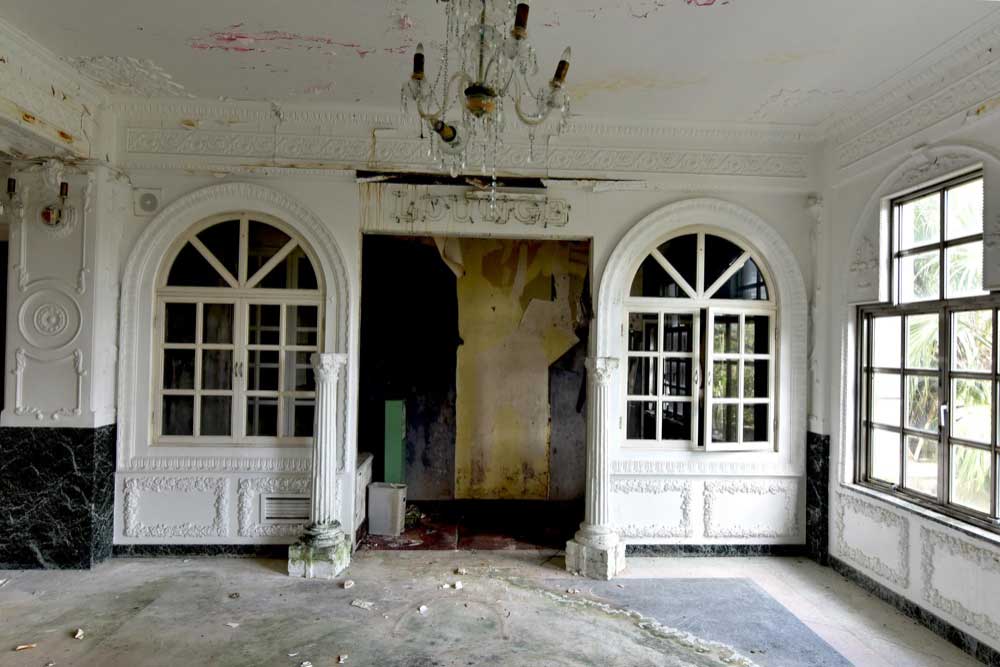
If it’s not financial burdens that dig unfortunate minds and pockets – it’s disarray. Empty houses are not ideal – but it’s not only because they fall apart on their own – but there’s no moisture control versus temperature extremes. Things happen outside the purview of empty hosts, and nothing gets monitored until others discover things have gone wrong; holes through ceilings become roof leaks; critters infest beyond reasonable damages.
In reality, if an executor lives out-of-town (where window replacements are cheaper) going back every time something new happens gets expensive both in time and financial disarray – and if someone does live nearby – suck it up because they should pay whether they care or not.
And being burgled? Empty homes are prime targets – and if boarded up – good luck breaking a window without anyone knowing which might come up during random real estate inquiries determining which homes are better to flip.
Know Your Options
Not all comprehensive sales make sense for inherited homes – but there should be paths lined so people know what’s coming down the pipeline so educated decisions can be made for estates and heirs alike.
For homes that are run-down or neglected, heirs who don’t want the expense and hassle of maintaining the property have alternatives that can reduce stress sooner rather than later. Since these homes depreciate month by month anyway – and dealing with them means ongoing costs on top of other estate issues – practical solutions make sense once heirs clarify their true intentions about keeping or selling the property.
Final Thoughts
Inheriting a home during probate involves more than just navigating legal requirements. Heirs must assess the financial implications, manage family dynamics, and work through emotional issues – all of which complicate discussions that need clear-headed reasoning and aligned intentions.
Whether keeping the home is ultimately a good or bad decision, dwelling on “what ifs” after the fact doesn’t help. Valuable options shouldn’t be held hostage to nostalgia or family history – delaying decisions month after month only costs everyone involved more time and money.
Also Read:
Procedure for Registration of Property
Inherited House During Probate FAQs
1. What is Probate?
Probate is the legal process through which a deceased person’s assets are distributed according to their will. It ensures that all debts and taxes are paid before the remaining property is transferred to the rightful heirs.
2. How long does the probate process takes?
The probate process usually takes 6 to 12 months, but it can take longer depending on factors such as disagreements among siblings, emotional attachments, pending bill payments, or real estate issues.
3. Do heirs have to pay expenses on an inherited house during probate?
Yes. Heirs have to pay ongoing expenses such as property taxes, insurance, utilities, and maintenance while the inherited house is under probate.
4. Can you sell an inherited house during probate?
Yes. An inherited house can be sold during probate with court approval. This will reduce your ongoing costs of maintenance, taxes, and insurance.
5. Is it risky to leave an inherited house vacant during probate?
Yes. A vacant house (here inherited) is prone to theft, moisture damage, pest infestations, etc. Additionally, it requires special insurance coverage.























